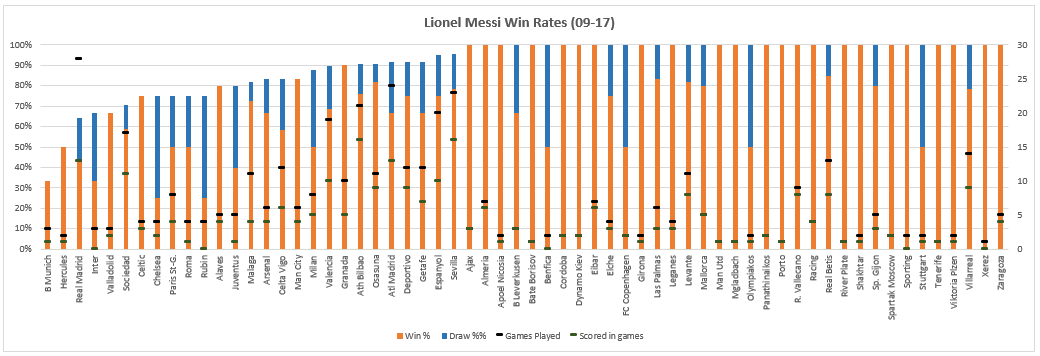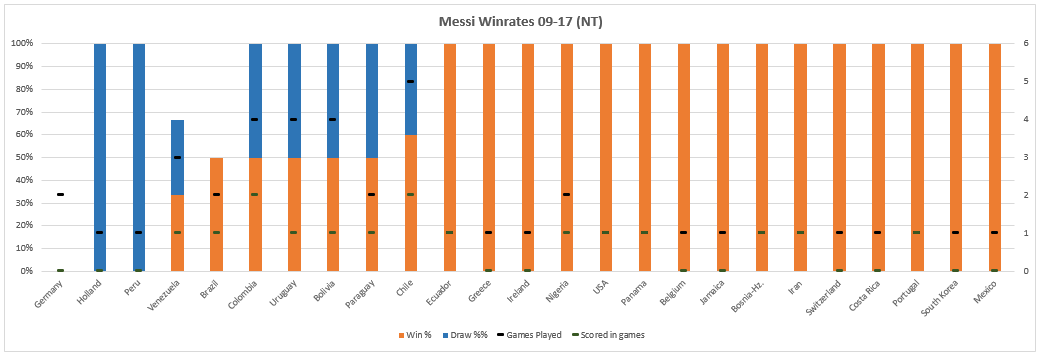I work in a building in NYC that has a lot of shiny stores full of expensive things. It often makes me shudder a little on the inside when I see the price of a scarf hanging on the window of one of these stores- in a lot of cases more money than my family made in a couple of months back in India. And we weren’t even poor, we were perfectly fine with a lot of comforts and a generally happy life. It often makes me think about how that one piece of clothing, probably made by a family not that different to mine back in the day, has more value to it than what can feed, house and transport around a family of four for a few months (believe it or not, we saved a big chunk of our income back then). What is it about that overused Burberry pattern or that LV logo that demands such an exorbitant price? That disconnect with the value of goods and their price is something I find difficult to wrap my head around.
Luxury goods make the point easy to carry across but they aren’t even the most egregious bastardization of the concept of money and value. They probably existed in the olden days without money as well, humans do have a tendency to attach a lot of value to symbols. What I want to talk about is a little different although it comes from the same line of thought: inequality.
As I was walking back home yesterday, I saw a man, around fifty years old, getting pinned to the ground by three guards and handcuffed. He had shoplifted. From one of the shiny stores, I presume. He was bleating all the while in a tone that was appealing to something more fundamental than the guy putting cuffs on him. He was going through some tough times he said. He was in a bad situation he said. He really needed some help, he said.
Whether what he was saying was true or not, let’s give in to the fantasy for a little while. Let’s believe him. And let’s add some average elements to his personality to round out the picture. He is a father of two kids, in their teens, his wife works as a barista at the local coffee shop. He himself got laid off a few months ago and construction jobs are getting harder to come by as he gets older. Why did he steal you ask? Maybe he was running out of money and thought of selling one of the shiny objects for a good value on Craigslist. Maybe his anniversary is coming up and he hasn’t done anything nice for his wife since he got laid off and has only been a burden and she would love to have a nice scarf.
He got arrested, he will get punished for this. Deservedly so, you may say, since stealing is a breach of a very essential trust that is critical for well functioning societies. But I can’t help but think that the punished we mete out to the guy would be very disproportionate. In fact, I know this. He will probably go to jail, await trial for a bit. His wife will need to pay to visit him, take time off, lose very badly needed money in the process. They might even need to dip into their nearly non-existent savings to fund a bail for him. He will get a public defender, who will ask him to plead guilty and try to get his sentence reduced to a year. Tough luck as he stole designer clothing. He tried to steal something that is actually the same value as any other piece of clothing, but since the price is magnitudes higher, he will go to prison for two years. He will work very hard there, but won’t be paid for it. A scarf will cost him two years. A scarf will cost his kids two years without a father in a very critical time in their life. A scarf will cost his family a 50% reduction in income, at least for two years, but most likely for a much longer time.
Let’s talk about another criminal. That man doesn’t do petty theft, he doesn’t need to. In fact, he shops at the scarf store the other man stole from. This criminal is an exec at Folkswagon, a company that makes cars for everyday people. This man helps installed cheat devices to under-report the emissions of millions of cars. This man is revered and worshiped as a savvy businessman and people ask him recipes for success. He eventually gets caught, buys the best defense attorneys who create a very big separation of agency between him and the decision and remove him from the line of fire. He pays a fine, a fraction of the money the thieves made out with and keeps on doing what he’s doing. He has indirectly caused multiple deaths, reduction in lifespans of people, irrevocable harm to the environment and quality of life of millions. He is wearing a Burberry scarf and is being chauffeured around in an Audi (an under-reporting one most likely) as we speak.
Why? What makes this possible?
A lot of things. But the one I want to talk about today and the one I feel is uniquely broken in the modern day is Money.
Money is intended to be a store of value, and it does a great job of that. It’s numerical, easy to keep track of, it’s objective, and if you live in a politically stable country, it has a good memory as well. It is one of the fundamental inventions that human society has progressed on the foundation of. However, it has one very critical flaw- there is no limit to how much one can accumulate.
A quick trip to a few thousand years ago would lead us to trades made mostly on the barter system. A sheep is worth five bags of rice although it fluctuates too wildly, depending on how much rain there was, which area you are living in etc. And no matter how rich one got, say you had tens of thousands of sheep, you would not trade them for rice, since rice would go bad after a while. You can try to monopolize commodities for a while and get things at a bargain, but you can never hoard enough compared to the Bezos, Buffett, Bill Gates, Koch, Robert Mercer of today.
The other critical differentiation is that in a barter economy you would necessarily need to produce something of value in order to get richer. Compare that to the billionaires now, most of them have gotten rich off of trading- betting on the direction of money in the stock market and being better at it than others and getting their money from them. The reason they are actually taking other people’s money is because the stock market grows at the rate of increase in productivity and that is the average rate of growth so if you have created an algorithm that allows you to get a higher than average return, you are necessarily decreasing the return of other investors especially if you play the game at the volume of billions of dollars. Robert Mercer, George Soros, Ray Dalio and Warren Buffett have contributed very little compared to what they have accumulated and all of that has actually taken from more deserving value creators. Right now, the ratio of the richest to the average has reached asymptotic values, bordering on meaninglessness.
The other feature that allows people to make such absurd amounts of money are the current job construct and regulatory capture. Wages have remained flat for decades for the middle class while the cost of living has continued to march on forward. Technology has allowed the privatization of profits and the democratization of cost, leading to an even more siphoning of wealth from the people who are the economy to corporations who make up a bastard index called the stock market which we are supposed to take up as the real economy. Economy isn’t how massive the corporations are, and even if it is then that is not the end goal. If economy is really judged by how rich company owners are, then a booming economy shouldn’t be the optimization function.
The function we should be optimizing for should be the average human comfort, average human happiness, the average human well being. More difficult to objectively assess, but money can be a good proxy, as long as it is performing the function it was originally designed for- storing the value one has produced. Corporations should be mandated to profit share, giving equities to every employee should be necessary. There is no cogent argument to say that Jeff Bezos alone is responsible for nearly 1/5th of everything Amazon does. There are tons of minimum wage workers who contribute to the profits of the company, but get paid nothing in return, they all should be receiving a fair share of the profits. We can argue about what is fair, but to say they don’t deserve any percentage of the profits is a disingenuous argument. Had they been given a share of profits, Amazon would have a lower valuation (assuming higher wages would result in lower growth), say half a trillion, and there would be a lot more middle class people who would have a better living situation right now. Jeff would still be worth billions, but the economy would be much richer due to amazon’s existence.
We are in a fairly precarious position, we haven’t realized but we are almost back to serfdom with a side of freedom chips. The power of democracy is weakening as greed takes over the governing and the powerful. This might be one of the last big hurdles that might stop humanity from ever becoming what we can- a Type I and beyond spacefaring civilization with boundless energy resources.

